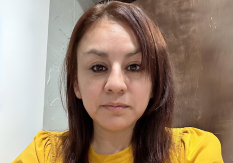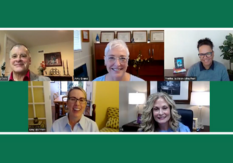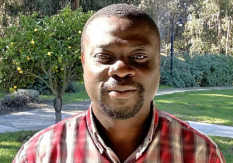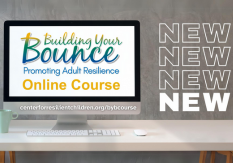|
|
|||||||||||||
It's All about the BrainAsk Dr. Marilyn Benoit, Devereux Senior Vice President and Chief Medical and Clinical Officer, to name one of the most valuable tools in the treatment of patients, and you might be surprised to learn it is a simple 14 question survey. The ACE (Adverse Childhood Experiences) Survey, despite its existence for almost 20 years, has finally begun to infiltrate the mainstream of professional medicine, which, says Dr. Benoit, is to the benefit of not only patients, but society as a whole. The ACE survey is a list of questions meant to tally the number of negative experiences a person endured during childhood, like abuse, neglect and abandonment, among others. Using the survey is a component of more effective assessment and treatment, says Dr. Benoit, because physical and emotional wellbeing are directly linked to the health of our brains. The time most critical time for healthy brain development occurs during early childhood, when the brain is particularly vulnerable to prolonged negative experiences. “It is all about the brain,” says Dr. Benoit. It is why she has introduced the ACE Survey into the admissions process across all of Devereux’s programs. “The brain is the master organ that controls our hormones and body functions,” she says. “Our systems take their cue from the brain, and so it should be illuminating that what we think of as ‘mental illnesses’ such as depression, are not uncommon in patients with physical conditions, like heart disease. It all stems from our brain’s health,” says Dr. Benoit. The ACE Study revealed this nearly 17 years ago, leading the way for the creation of the ACE Survey, which has established itself as a critical clinical assessment and intervention tool. The survey was born out of a landmark study conducted by Kaiser Permanente and the Centers for Disease Control, which surveyed over 17,000 participants from 1995-1997. Participants underwent a comprehensive physical examination and provided detailed information about their negative childhood experiences. The study revealed a correlation between maltreatment experienced in early childhood and the diagnosis of chronic disease and earlier mortality. The reason for this is rooted in the young brain’s vulnerability to stress, fear and pain. Dr. Benoit describes the most sophisticated part of our brains, the frontal lobe, as the locus of social judgment, emotional regulation and self-control. The inner most part houses the emotional brain. Children constantly living in fear or chaos often rely solely on their primitive emotional brain, which overrides the frontal lobe, compromising healthy development. Adverse childhood experiences can range from household dysfunction to abuse and neglect, but most simply, adverse experiences are simply understood as trauma—the impact of which, is profound. Early trauma can cause children to behave aggressively and inappropriately; it can interfere with their learning. Most troubling is its lasting impact. Early trauma is considered to be a major risk factor of other chronic health and quality of life problems, including addictive diseases and poverty. As a psychiatrist, Dr. Benoit has long been an advocate of thorough assessments for their role in guiding treatment, but believes assessments like the ACE survey will be integral tools for advancing public health. “ACE is a critical survey. For us at Devereux, it is one facet of our Positive Behavior Interventions and Supports and Trauma-informed Care Model, which takes into account a person’s entire personal and medical history. However, it is clear from research outcomes from studies like ACE, that the implications for society are broad. I think there is a strong case to be made for the implementation of school-based assessments,” she says. Equipped with assessment tools, teachers and administrators can help children and their families address the effects of early trauma using school-based interventions and clinical supports. The hope is that similar assessments can be used utilized by other professionals in early childhood care, social work, juvenile justice and child welfare fields in order identify and address trauma as soon as possible. Despite the harm that early trauma can cause, there is hope because of the brain’s potential for healing. There are no better examples of healing and resilience than the children served by Devereux’s CSEC (Commercially Sexually Exploited Children) programs. A brief internal probe revealed that some children in the CSEC program had an ACE score as high as nine—off the charts by clinical standards. However, in spite of the unspeakable trauma they have endured, there is hope for healing. With proper clinical treatment and the implementation of simple, but important lifestyle changes, like exercise, nutrition and healthy social relationships, the brain has great capacity to recover. “I am proud that Devereux has already embraced what I see as the future of medicine. The legacy of the ACE Study will be that it helped change the way we understand the brain, improving public health for all people,” says Dr. Benoit.
|
|||||||||||||
- Home
- About Us
- Advanced Philosophy of Care
- Mission, Values and Service
- Our Commitment to Safety
- Our History
- Senior Leadership Team
- Devereux Board of Trustees
- Annual Reports
- Devereux in the News
- Diversity, Equity, Inclusion and Belonging
- Recognizing Our Employees
- Celebrating Our Devereux Families
- Sharing Messages of Hope
- Who We Help
- Locations
- Supporting Devereux
- Training and Consulting
- Careers









